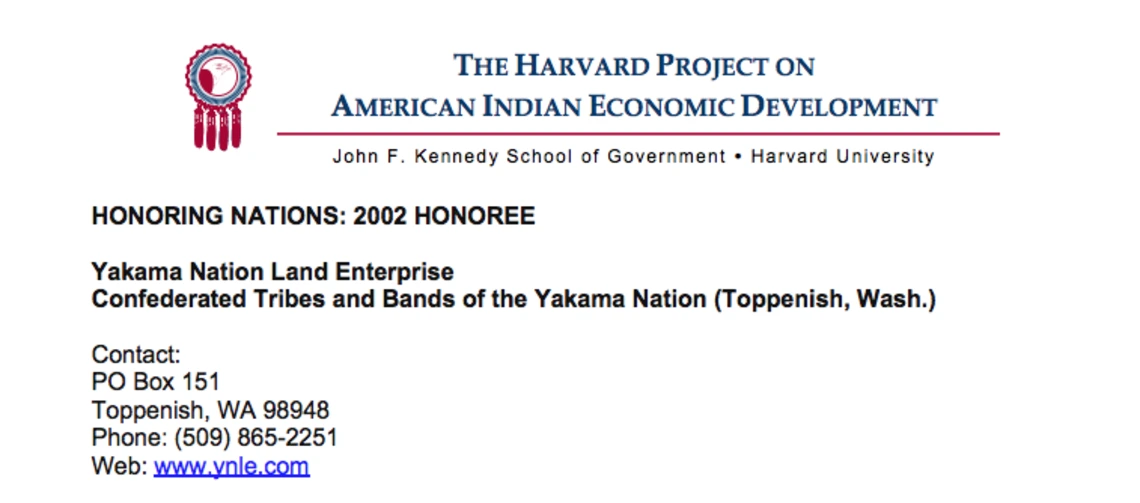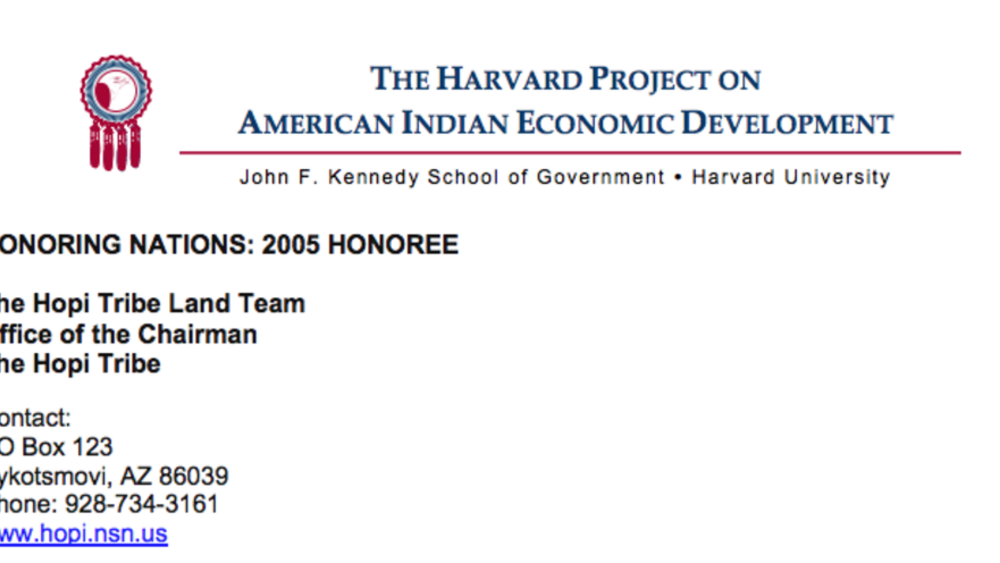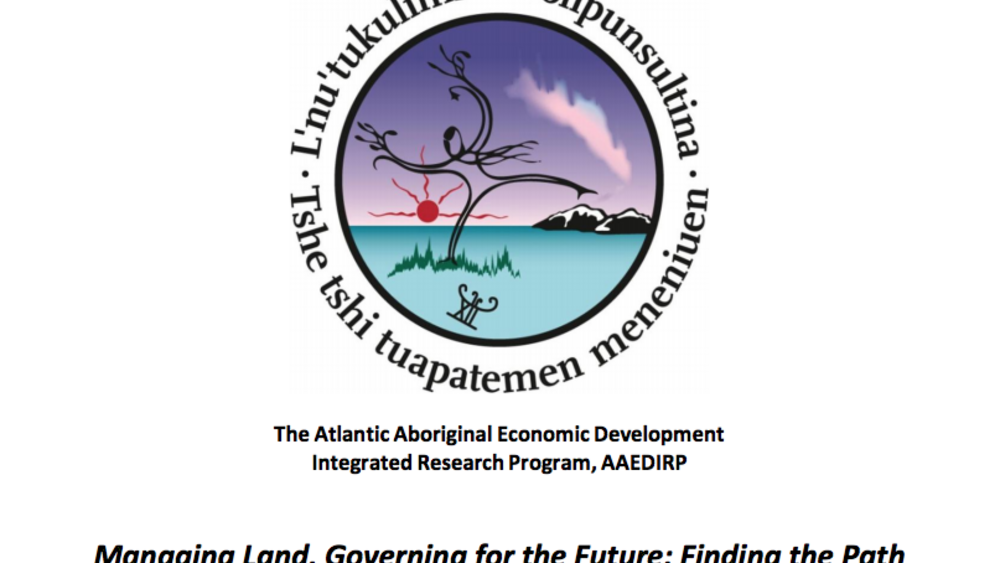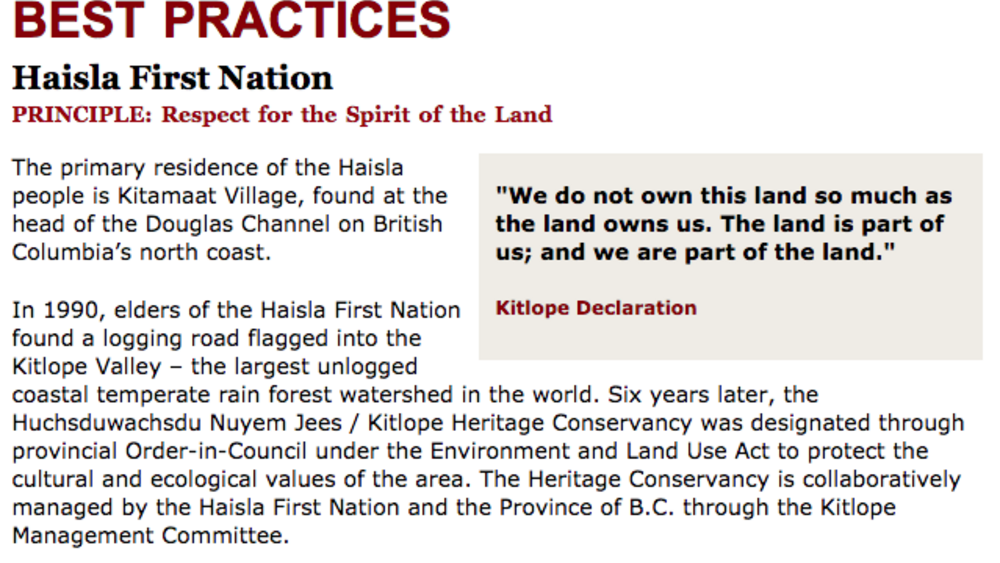In an effort to consolidate, regulate, and control Indian land holdings, the financially self-sustaining Yakama Nation Land Enterprise has successfully acquired more than 90% of all the fee lands within the Nation’s closed area — lands which were previously highly "checker-boarded." The Enterprise’s land purchase program has allowed the Nation to expand industrial, business, and agricultural activities; tracts of land are used for housing, day care centers, ranger stations, longhouses, and for use by tribal education, foods, resource management, and cultural programs.
Additional Information
"Yakama Nation Land Enterprise." Honoring Nations: 2002 Honoree. Harvard Project on American Indian Economic Development, John F. Kennedy School of Government, Harvard University. Cambridge, Massachusetts. 2003. Report.




